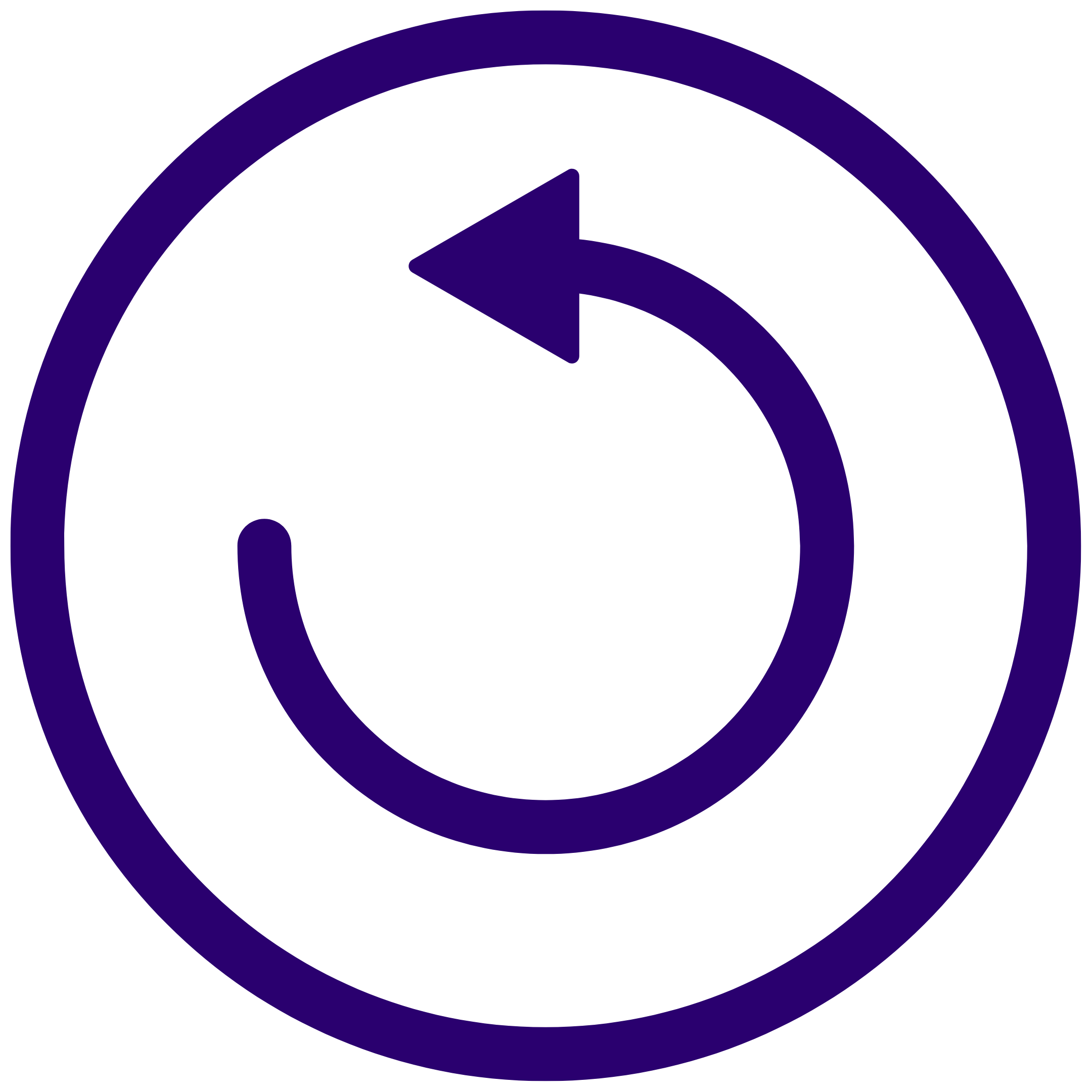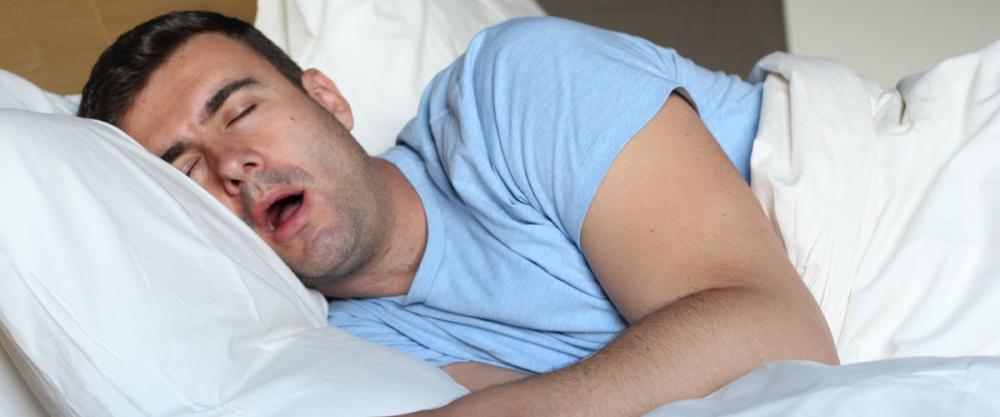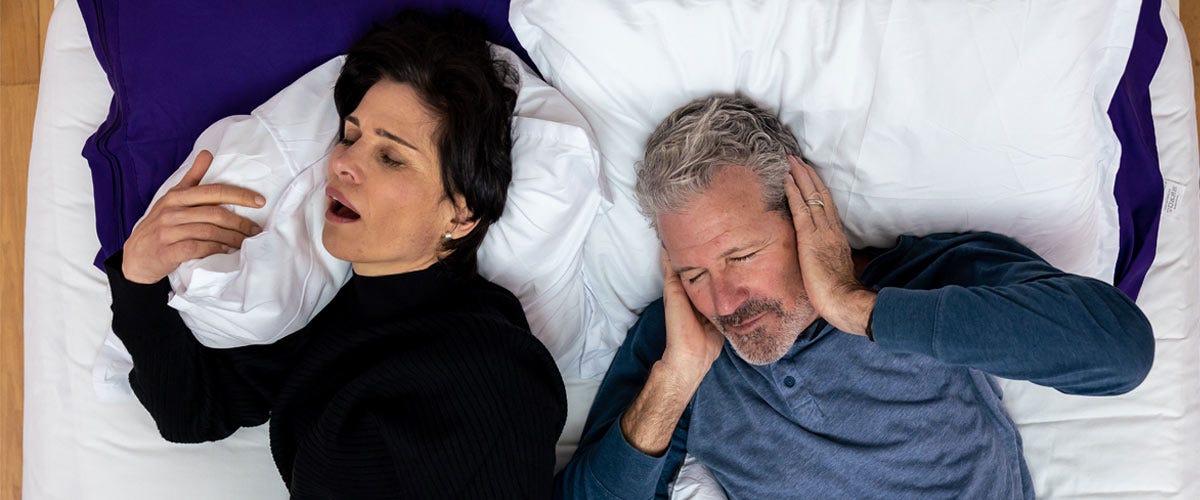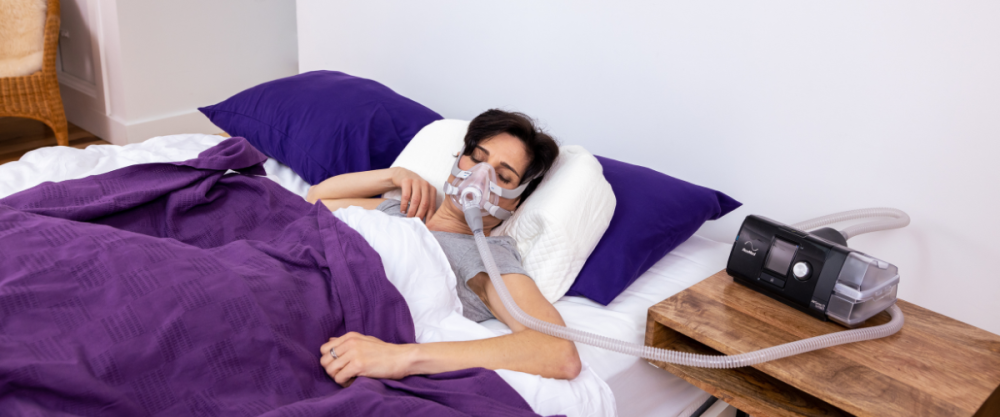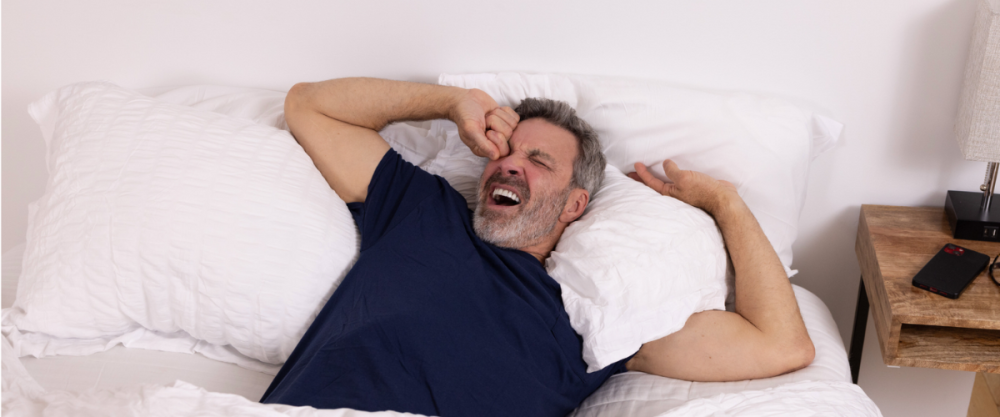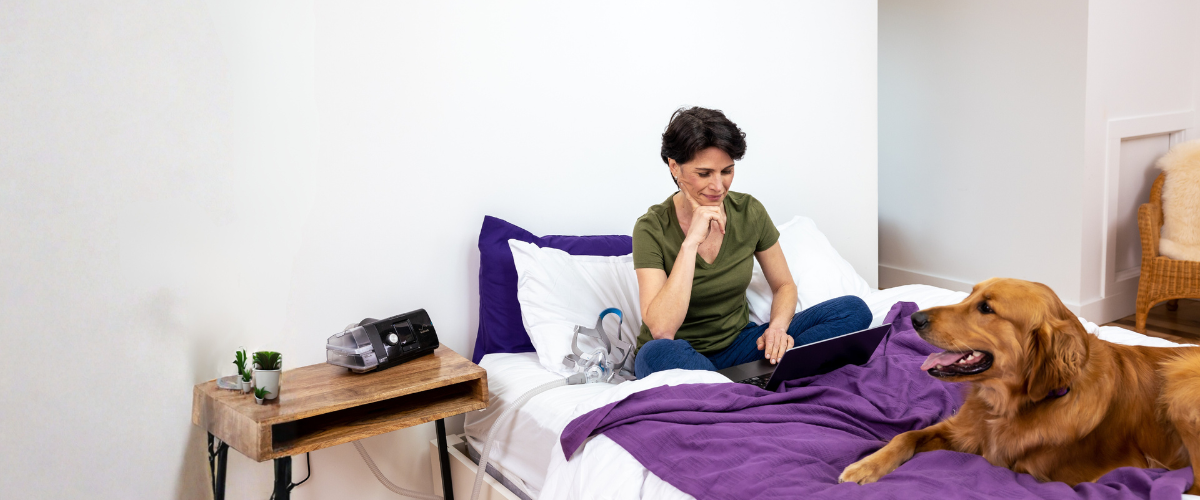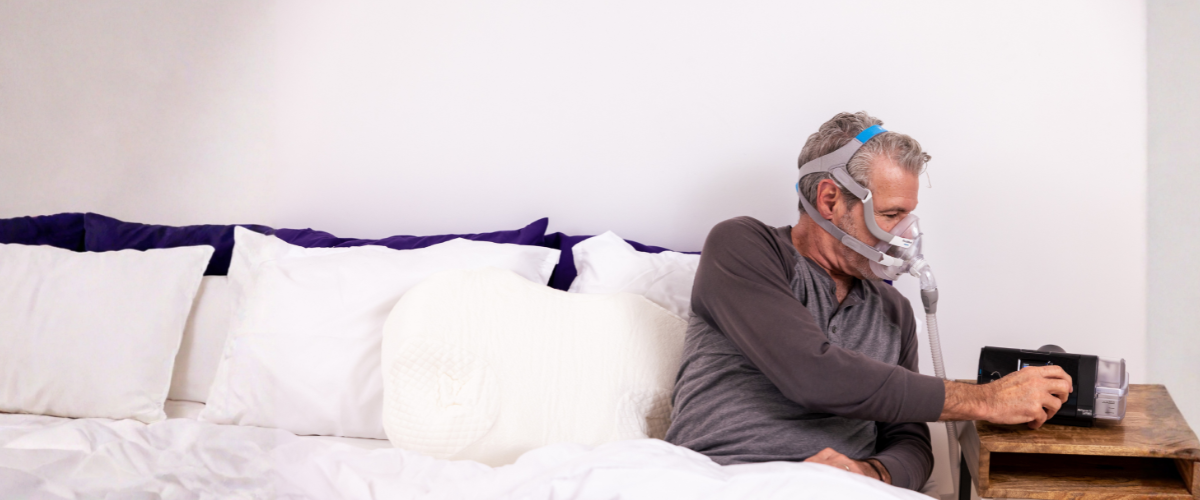Americans are in the midst of a sleep epidemic. Currently, Americans average 6.8 hours of sleep a night, and 40% of Americans get six hours or less. 37.9% of people report unintentionally falling asleep during the day at least once in the preceding month.
Technologies like the light bulb, TV, and the internet encourage us to stay awake around the clock, but some people have a medical condition that prevents them from getting a good night’s sleep.
50-70 million US adults have a sleep disorder, and obstructive sleep apnea is one of the most prevalent sleep disorders. Approximately 3-7% of men and 2-5% of women have sleep apnea.
Worldwide, it's estimated that over 1 billion people suffer from sleep apnea.
CPAP machines remain the gold standard for sleep apnea treatment.
Sleep Apnea Statistics
An estimated 22 Million Americans suffer from moderate to severe sleep apnea.1
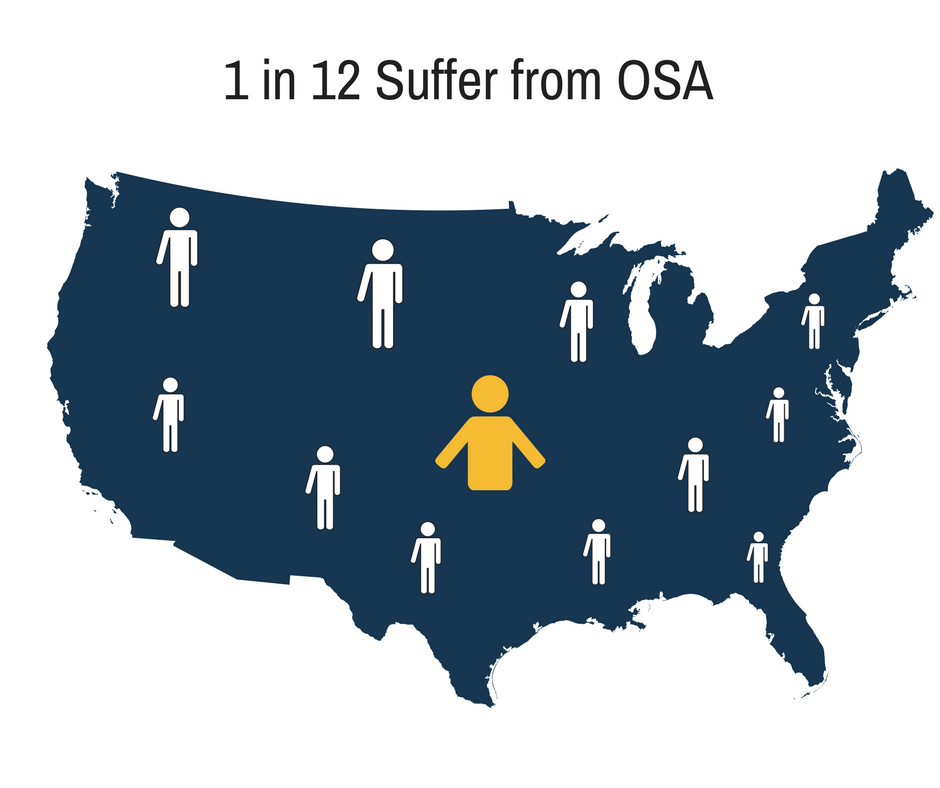
Current US population is 326 million people:
- 10% have mild obstructive sleep apnea (AHI>5)
- 3.5% have moderate obstructive sleep apnea (AHI>15)
- 4% have severe obstructive sleep apnea syndrome (defined as frequent apnea/hypopnea and functional impairment)2
75-80% of cases remained unidentified.3 25% of individuals with moderate obstructive sleep apnea have neither subjective nor objective sleepiness. 4
Sleep Apnea Statistics by Age
26% of adults aged 30-70 years have obstructive sleep apnea5
About 20% of children snore, but 1-4% of children aged between 2-8 suffer from obstructive sleep apnea6-7
Sleep Apnea by Gender
Sleep-disordered breathing affect 23.4% of women and 49.7% of men 8
Male-to-female ratio of sleep apnea 2 to 3:1 9
Sleep Apnea by Age and Sex
Sleep apnea rate significantly increases as we age.10 10% of men age 30-49 are likely to have sleep apnea, while 3% of women in the same age range are likely to have sleep apnea. 17% of men and 9% of women age 50-70 are likely to have sleep apnea.
Even though sleep apnea risks increase as we age, only 8% of the senior population (65 and up) have been tested for sleep apnea.11
Sleep Apnea Risk Factors Statistics
Obstructive sleep apnea is associated with obesity in more than 60% of cases.12
Other Common risk factors:
- Narrowed airway
- High blood pressure
- Chronic nasal congestion
- Smoking
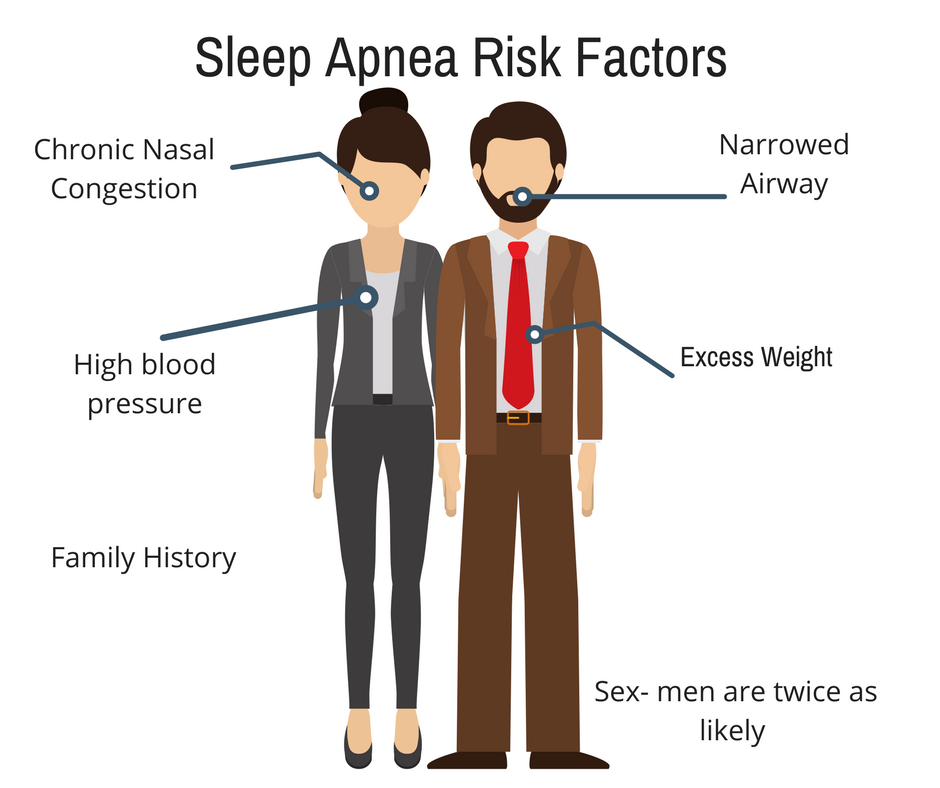
Obstructive sleep apnea increases the risk of13:
- Heart failure by 140%
- Stroke by 60%
- Coronary heart disease by 30%
Up to 83% of patients with type 2 diabetes suffer from unrecognized sleep apnea 14
ALS patients are more likely to have sleep apnea than the general population. 45.6% of ALS patients had more than five apneas or hypopneas per hour.15
There is a significant prevalence of psychiatric comorbid diagnoses 16 such as:
- 21.8% with depression
- 16.7% with anxiety
- 11.9% of PTSD
- 5.1% with psychosis
- 3.3% with bipolar disorders
Improved Quality of Life with CPAP
The quality of life in sleep apnea was better after CPAP therapy than from baseline, according to Calgary Sleep Apnea Quality of Life Index. The SAQLI is a useful tool to evaluate the quality of life in sleep apnea, especially to highlight the benefits of CPAP therapy, even with short time monitoring.
Percent improvement pretreatment to post-treatment after 3 months. After only three months of treatment, people reported an improvement in 17
- Daily functioning
- Emotional functioning
- Symptoms
- SAQLI baseline
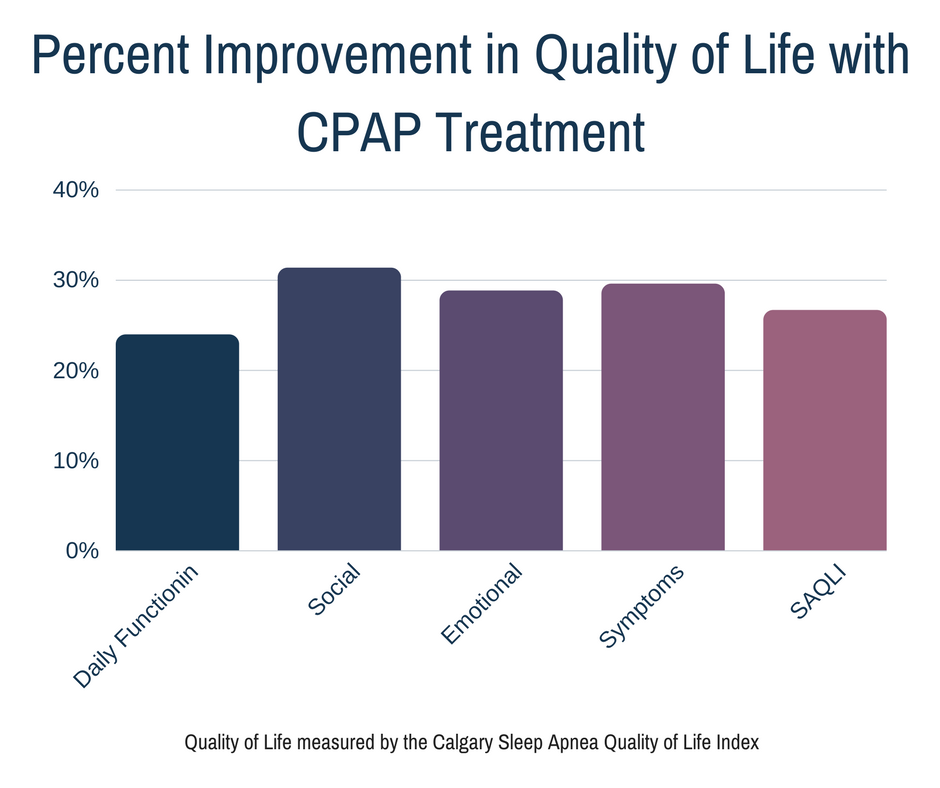
1https://www.sleepapnea.org/learn/sleep-apnea-information-clinicians/
2The Price of Fatigue: The surprising economic cost of unmanaged sleep apnea
3https://www.ncbi.nlm.nih.gov/pubmed/18250205
4https://www.ncbi.nlm.nih.gov/pubmed/25186268
5https://aasm.org/rising-prevalence-of-sleep-apnea-in-u-s-threatens-public-health/
6https://sleepfoundation.org/sleep-disorders-problems-list/can-kids-get-sleep-apnea
7https://www.sleepapnea.org/treat/childrens-sleep-apnea/
8 http://www.nejm.org/doi/full/10.1056/nejm199304293281704
9 https://www.ncbi.nlm.nih.gov/pubmed/25682233
10 https://www.ncbi.nlm.nih.gov/pubmed/23589584
11https://onlinelibrary.wiley.com/doi/full/10.1111/jgs.15372
12http://thorax.bmj.com/content/early/2018/02/24/thoraxjnl-2017-210943
13http://www.worldcat.org/title/wake-up-america-a-national-sleep-alert-report-of-the-national-commission-on-sleep-disorders-research/oclc/34483350
14 https://www.ncbi.nlm.nih.gov/pmc/articles/PMC3449487/
15 http://jnnp.bmj.com/content/89/4/418
16 https://www.ncbi.nlm.nih.gov/pubmed/16335330/
17 https://www.ncbi.nlm.nih.gov/pmc/articles/PMC4990435/




